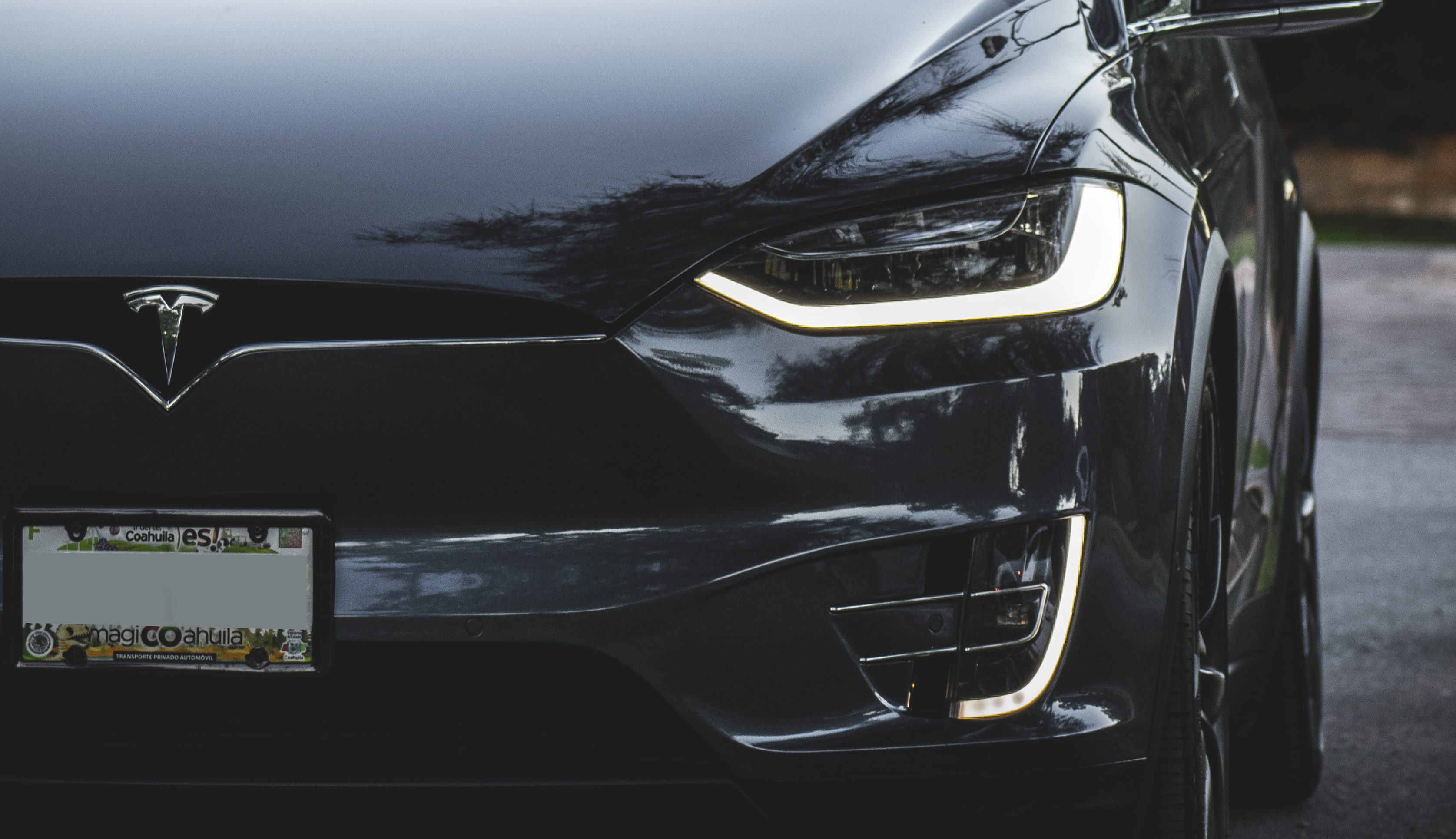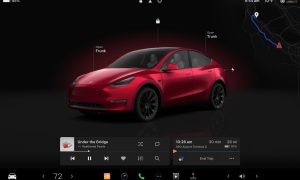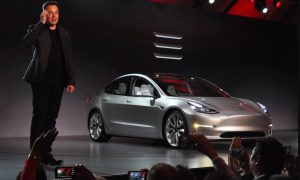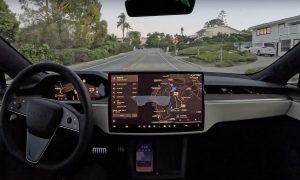After Tesla (NASDAQ:TSLA) posted its fourth consecutive quarterly profit in the second quarter, speculations were abounding that the electric car maker was on its way to becoming included in the S&P 500. Alas, this was not the case, with the index adding Pool and Etsy instead of Tesla during its last two adjustments.
Considering that the electric car maker produced and delivered a record number of vehicles in the third quarter, expectations are high that the company may post another profit in the third quarter. Wall Street, for its part, expects Tesla to show a GAAP profit of $0.32 per share with $8.2 billion in sales. These expectations are quite optimistic, but they do seem feasible considering the company’s Q3 production and delivery figures.
If Tesla posts its fifth consecutive profitable quarter in Q3 2020, discussions about its potential inclusion into the S&P 500 would likely be rekindled. This is a scenario that could end up being quite awkward for the index. As explained by Wells Fargo analyst Christopher Harvey in a recent research note, if Tesla ends up profitable once more, it would be imperative for the S&P 500 to include the electric car maker. This is partly because Tesla’s non-inclusion in the S&P 500 is already adversely affecting the index’s overall performance.
It should be noted that even the S&P 500 has competition. And unfortunately for the index, it has been lagging behind one of its key competitors, the Russell 1000. The Russell 1000, which includes Tesla, has outperformed the S&P 500 over the past three years. This became even more evident this year, as the Russell 1000 is up 9.1% year-to-date while the S&P 500 is up 7.8%. Tesla, which is up 426% year-to-date and 739% over the past year, has contributed to the Russell 1000’s performance.
“Over the past three years, the Russell 1000 (+45.6%) has outpaced the S&P 500 (+44.6%). Notably, S&P uses a committee for index changes, introducing some subjectivity. On the other hand, R1000 changes involve little subjectivity: every June 30th Russell family rebalances its indices based on market cap,” the Wells Fargo analyst wrote.
In a way, Tesla’s non-inclusion into the S&P 500 has reached a point where it is already a bit odd, as the company is currently ranked as the world’s most valuable automaker. At its current market cap, Tesla would stand as the ninth-largest member of the S&P 500, just behind Walmart and ahead of Johnson & Johnson. Speculations are abounding about why the S&P has largely snubbed the EV maker, with critics arguing that it is due to Tesla’s profits being tied to its sale of regulatory credits. The S&P, for its part, has told Barron’s that it considers many factors when deciding which companies would be included in the index.
Disclosure: I am long TSLA.











